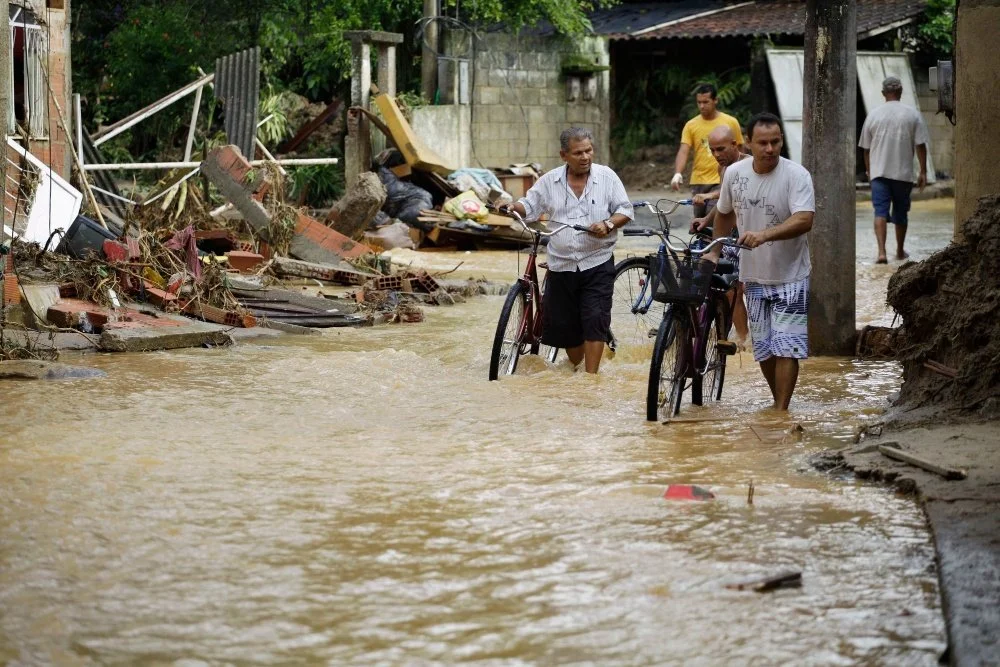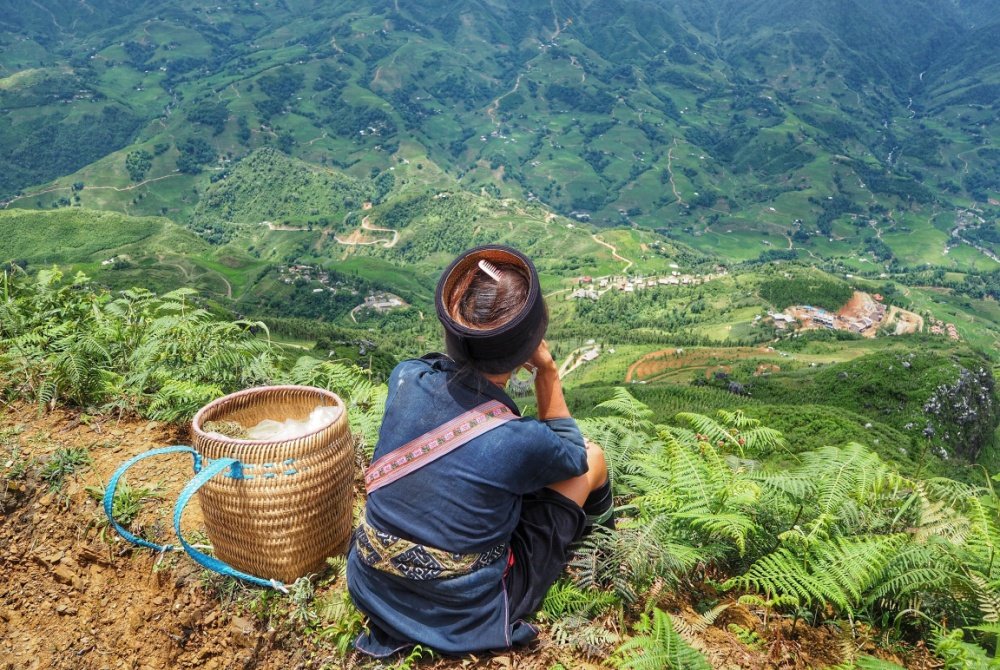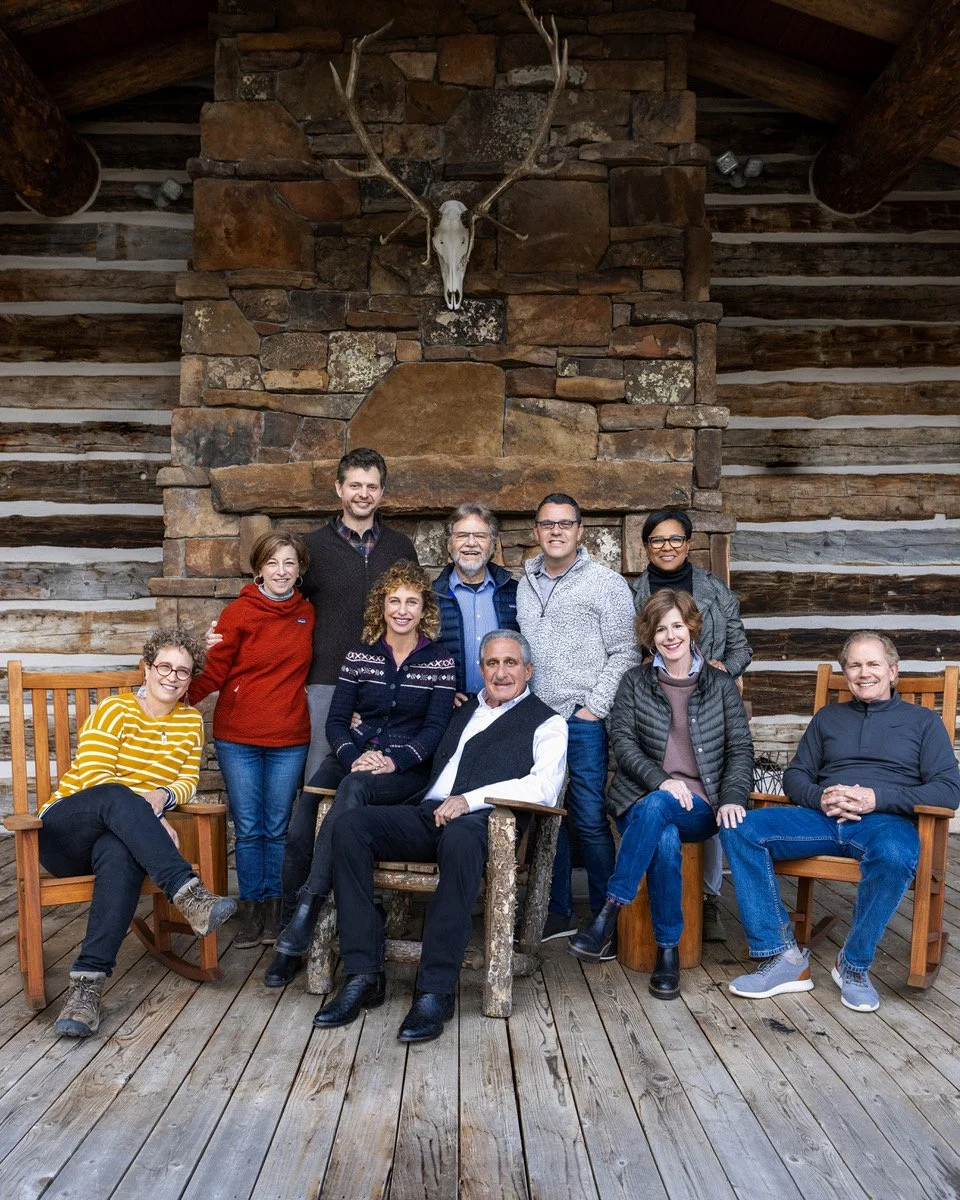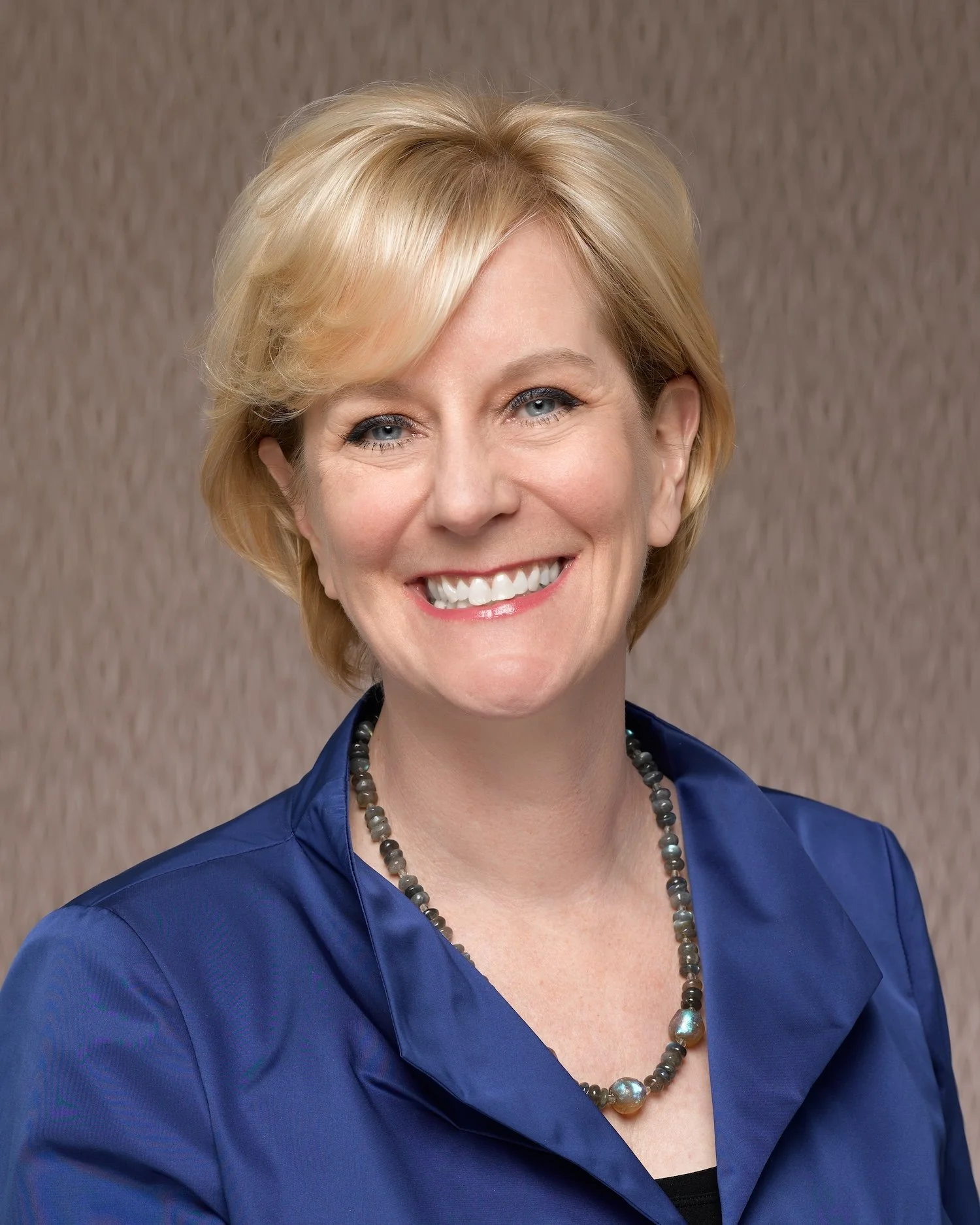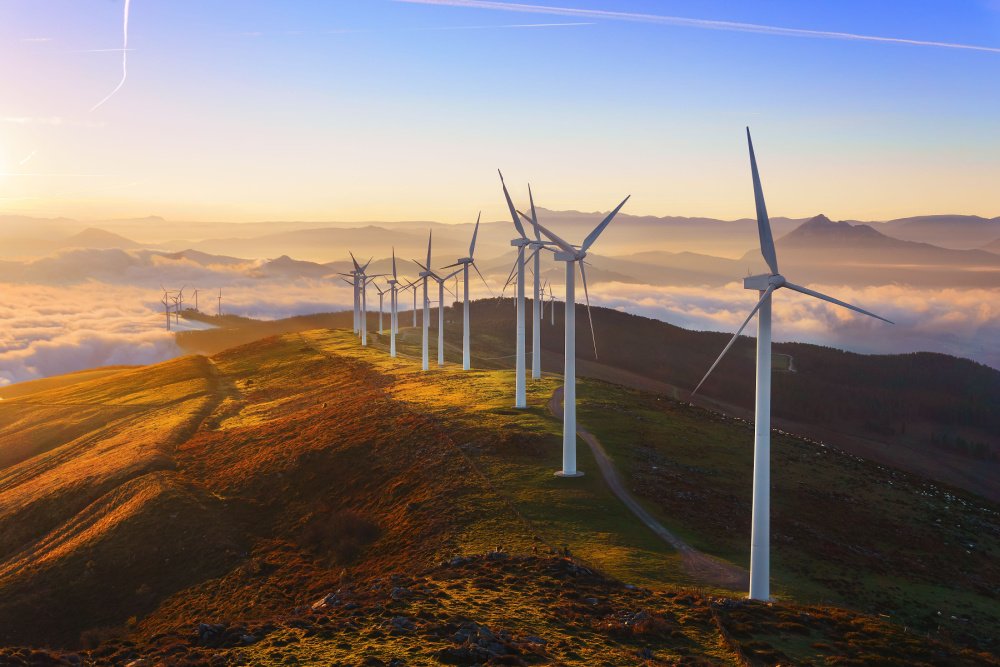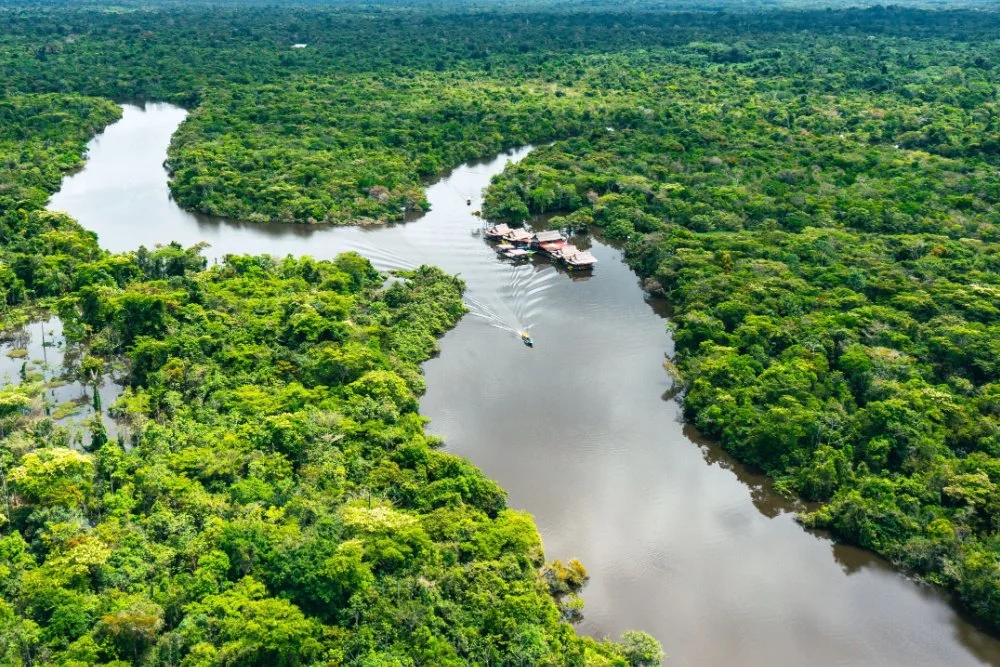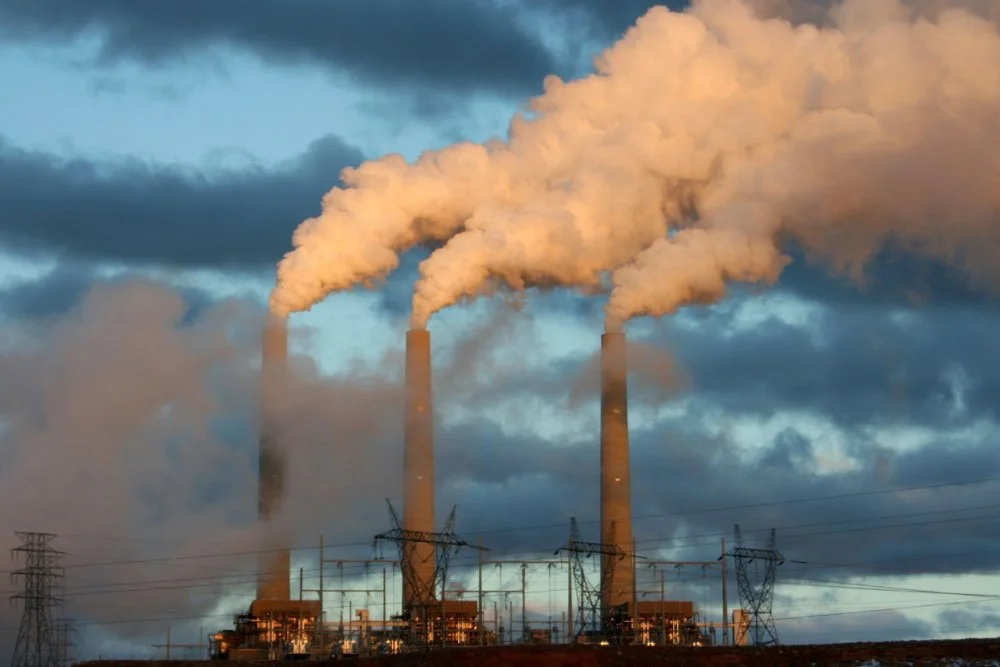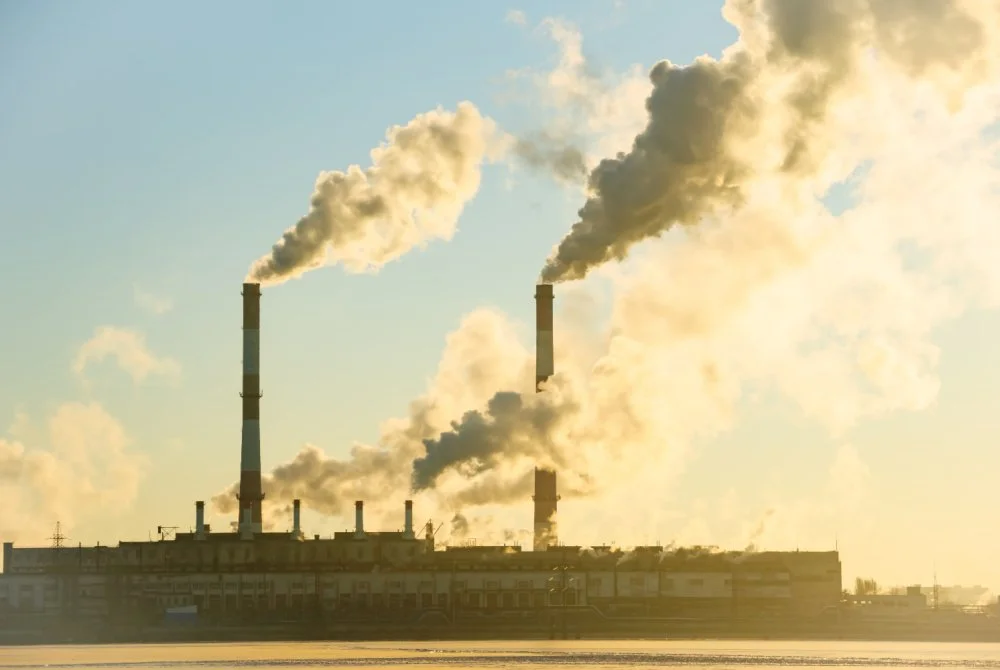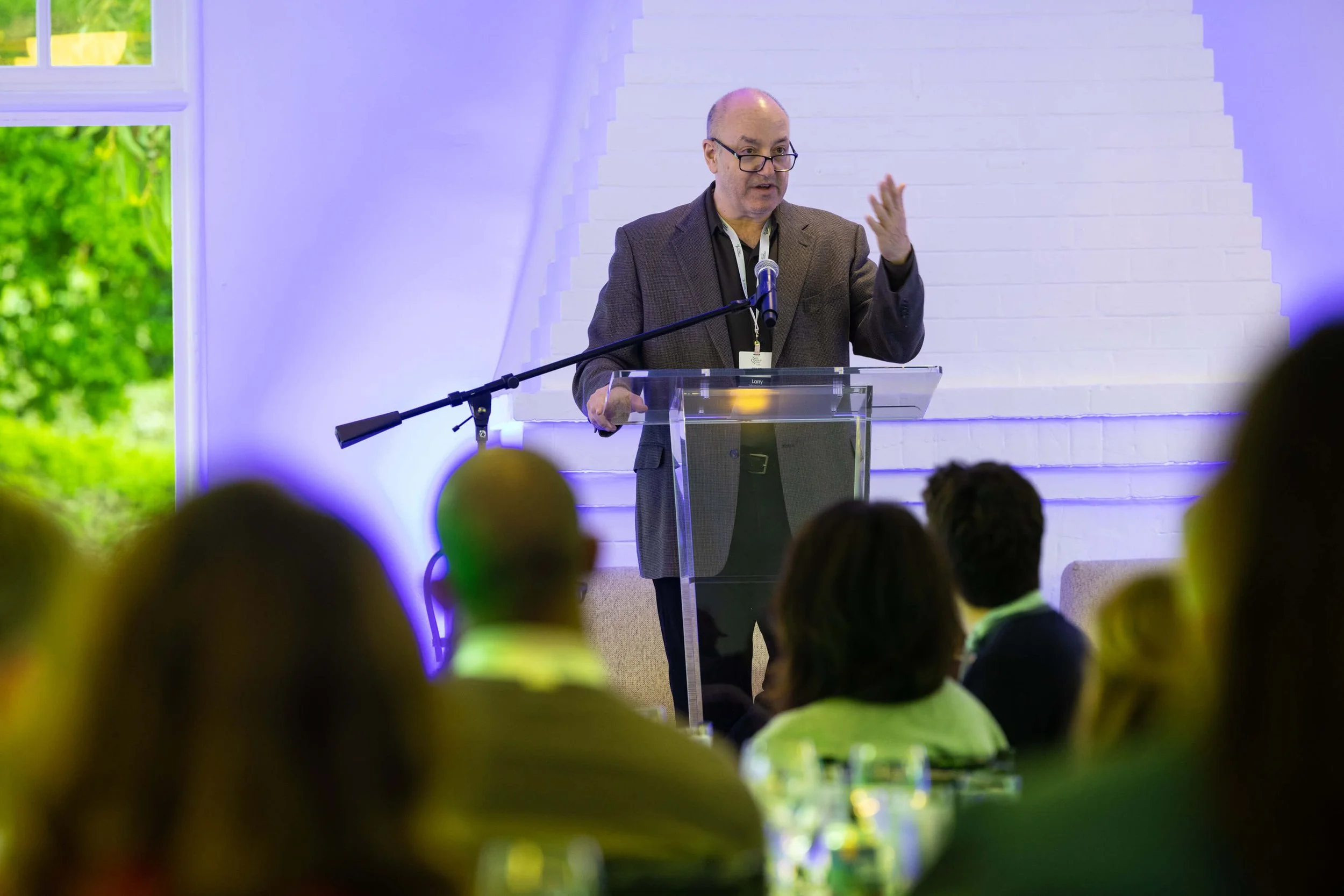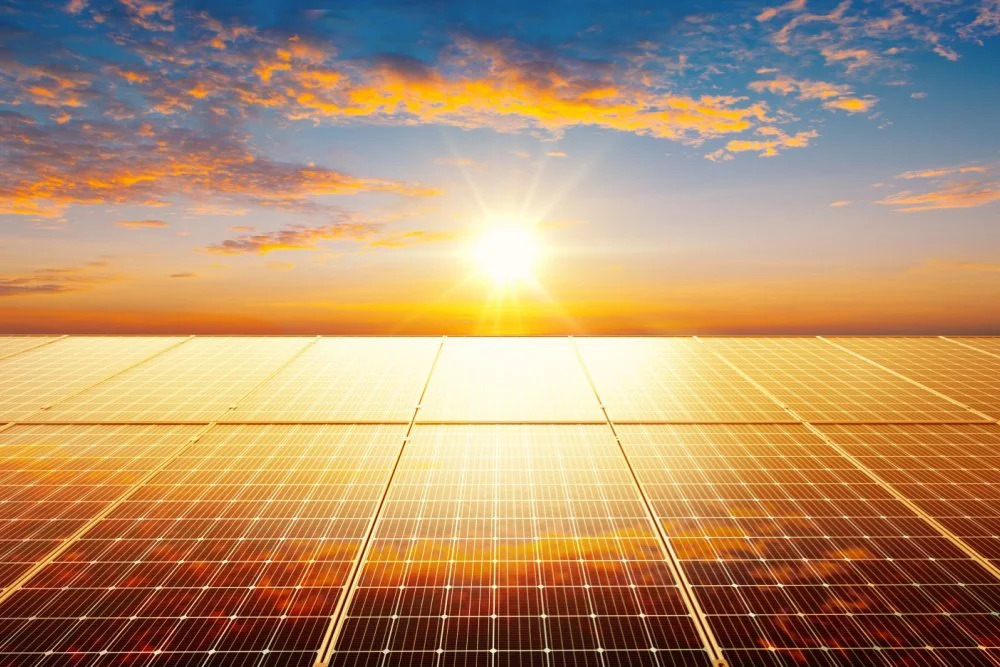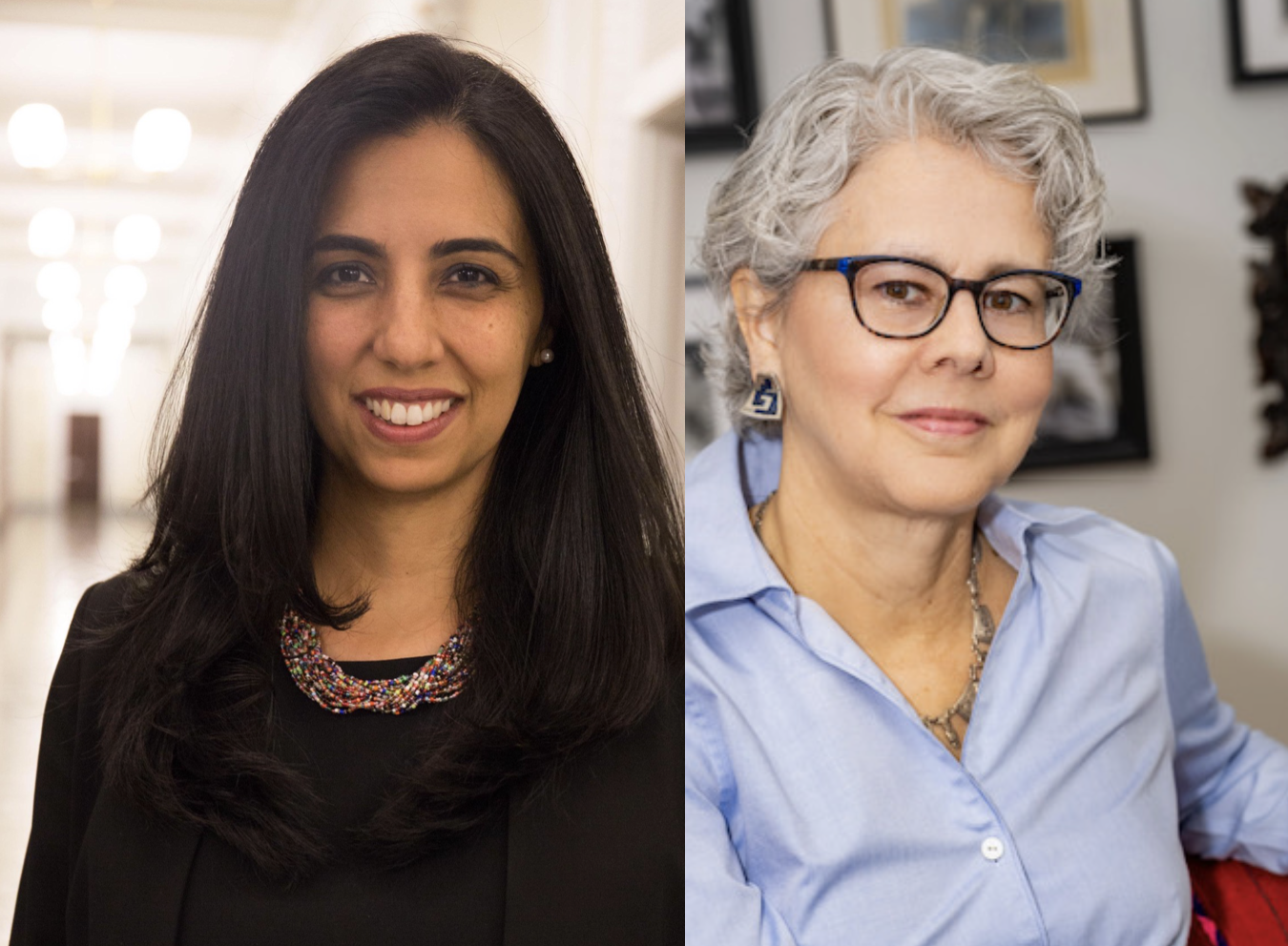Children at Risk: Why a Corporate Funder Is Taking on Climate Change
/Photo: Vlad Karavaev/shutterstock
When 29 foundations announced $3 billion in new pledges at the Global Climate Action Summit in September, there was a lone corporate foundation on the list—IKEA Foundation. The foundation announced plans to spend about $342 million between 2020 and 2023 to fight climate change, building on an earlier pledge of $457 million between 2015 and 2020.
The philanthropic arm of the giant homewares company has been ramping up its giving in recent years, tracking with its rising global sales. (It gave $164 million in grants in 2017.) As we’ve often reported, IKEA Foundation is one of the boldest corporate funders around. Its donations often flow to alleviate suffering in complex humanitarian crises that other foundations avoid.
Now, with climate pledges totaling nearly $800 million, Ikea has come to stand out in another way: as one of the few big global companies prioritizing this issue in its giving.
The Ikea Foundation has been around since 1982, but in 2009, expanded into its current program devoted to helping children, including housing, education, income and health. In turn, these concerns led to its climate action program. Much like another big climate funder, the Children’s Investment Fund Foundation, Ikea built on a primary focus on children and poverty.
“Climate change threatens a lot of the progress that has been made for children living in the world’s poorest communities. Climate change has become the negative undercurrent that threatens children’s rights, as well as pretty much everything else,” CEO Per Heggenes told EcoWatch in 2015, when the foundation first took up the cause.
So what does a climate change program that’s animated by a concern for children look like?
So far, it’s included encouraging private sector leadership, providing renewable energy infrastructure for people living in poverty and other vulnerable circumstances, and climate resilience efforts.
On the first point, one of the biggest grantees is something called the We Mean Business coalition, which landed around $45 million last year, the foundation’s second-largest grant to date. It’s a coalition running corporate campaigns to get businesses to take action on climate change, which they anticipate will lead to government policy.
The foundation also seems to have a soft spot for social enterprises, or entities that use for-profit business models, markets, or finance to support causes. The foundation has backed impact investor Acumen Fund, and the B corporations Purpose Climate Lab and Inyenyeri Social Benefit Company.
But it’s also backed mainstream nonprofit actors, including the European Climate Foundation, which is the continent’s equivalent to passthrough grantmakers like the Energy Foundation or ClimateWorks. Ikea has also funded the Climate Action Network, and a prominent philanthropic partner in India, the Shakti Sustainable Energy Foundation.
One more thing to note: A big priority for IKEA Foundation has been funding efforts to bring renewable energy to people living in poverty, with grantees like Habitat for Humanity, One Acre Fund, and SELCO Foundation. It even backed a project to bring solar power to a Syrian refugee camp in Jordan.
And there’s more where that came from. It even looks like the foundation’s hiring two staffers for its climate portfolio, so could be building up its strategy.
While there’s certainly nothing wrong with funding climate from an environmental perspective, there’s always something really encouraging about an institution explicitly landing on the issue from a different, but hugely relevant program focus—especially a corporate funder. It’s a conclusion that so many other foundations—let’s face it, all of them—should be reaching.
Related:


